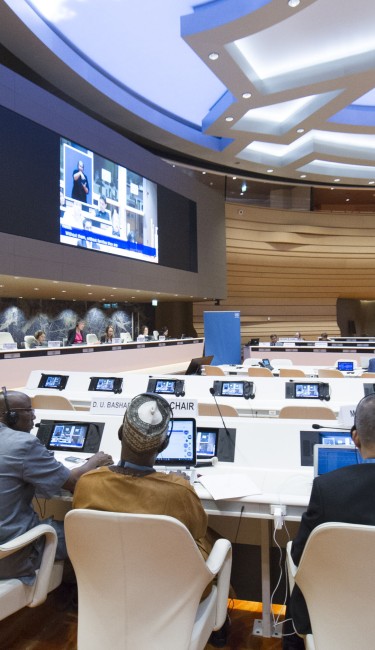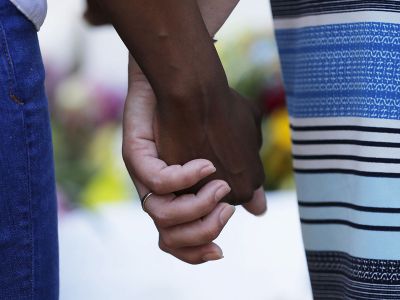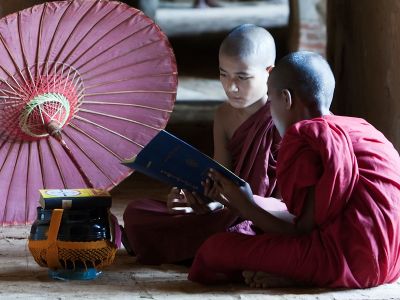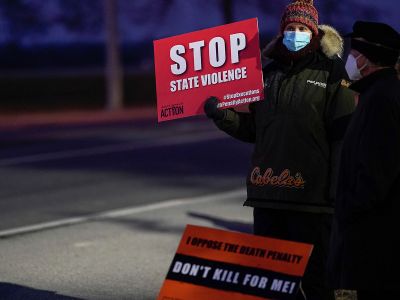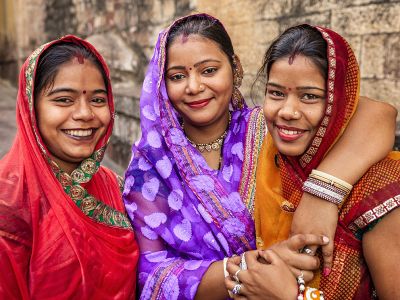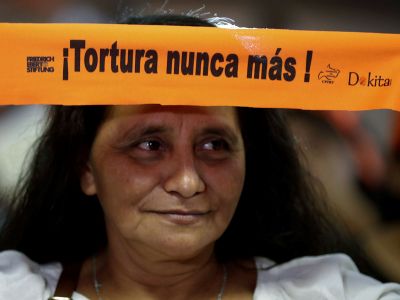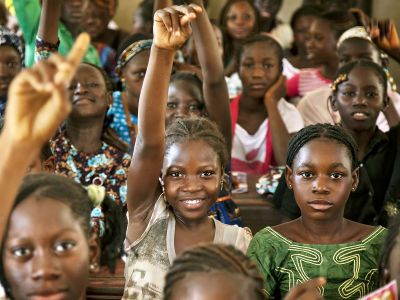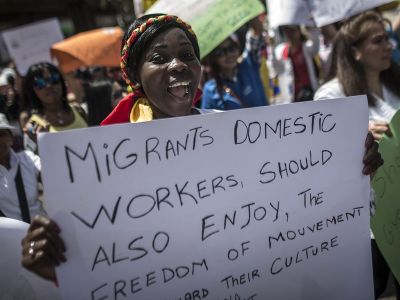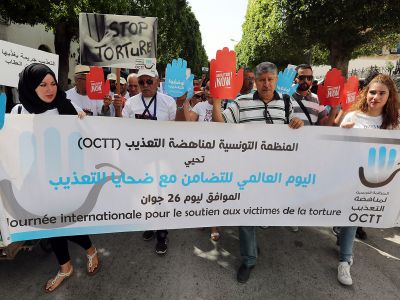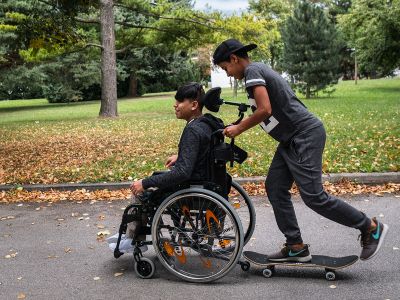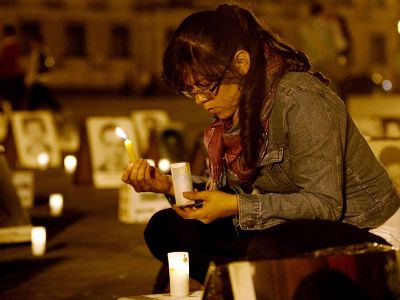What are the treaty bodies?
The human rights treaty bodies are committees of independent experts that monitor implementation of the core international human rights treaties. Each State party to a treaty has an obligation to take steps to ensure that everyone in the State can enjoy the rights set out in the treaty.
There are ten human rights treaty bodies composed of independent experts of recognized competence in human rights, who are nominated and elected for fixed renewable terms of four years by State parties.
The treaty bodies meet in Geneva, Switzerland. All the treaty bodies receive support from the Human Rights Treaties Division of OHCHR in Geneva.
More about treaty bodies
